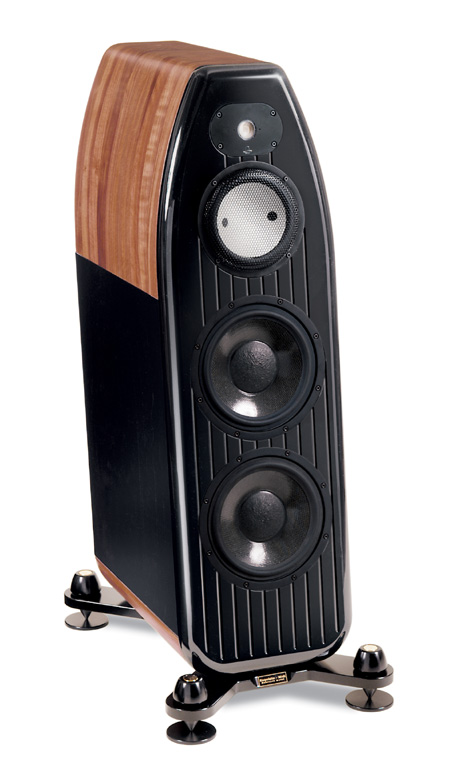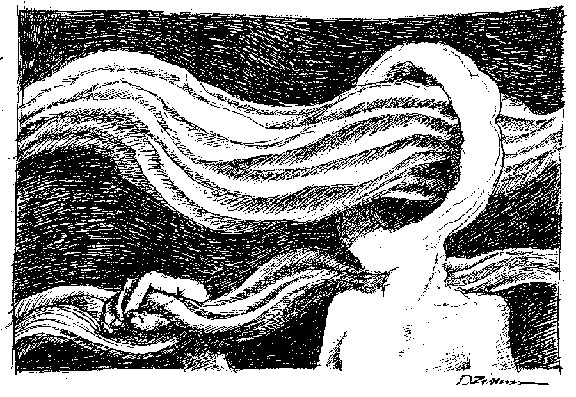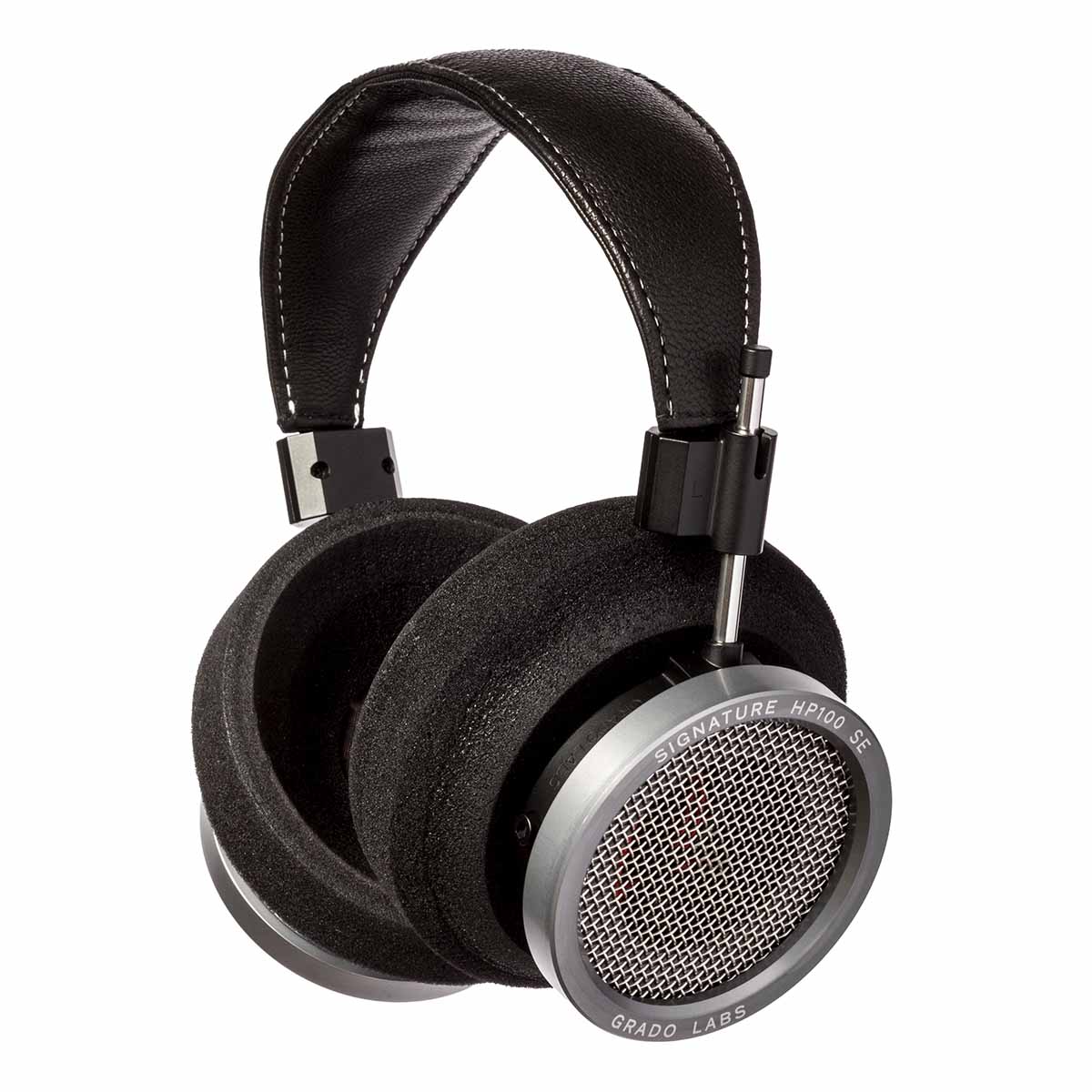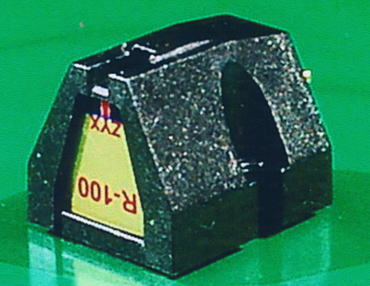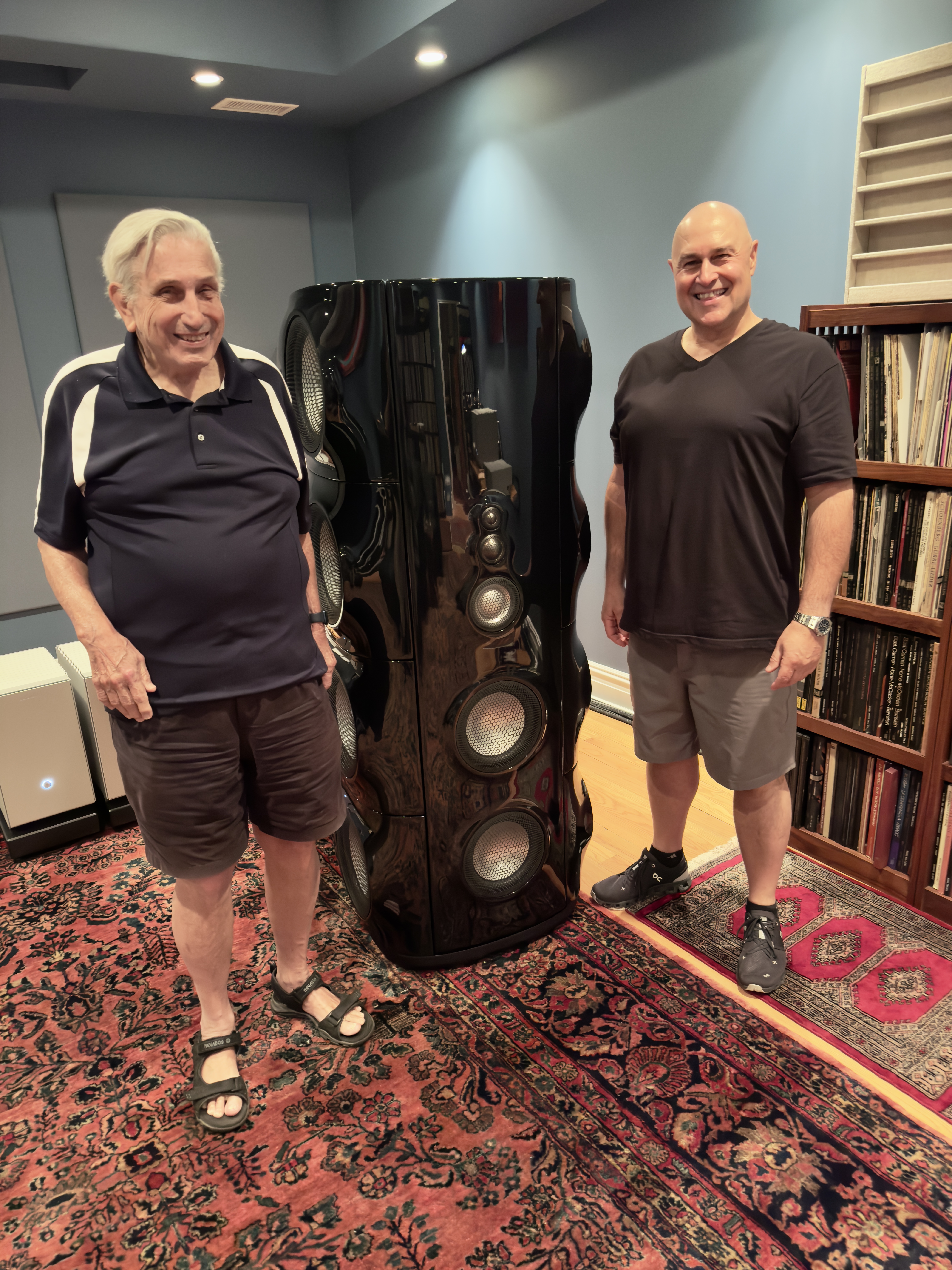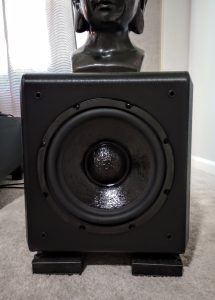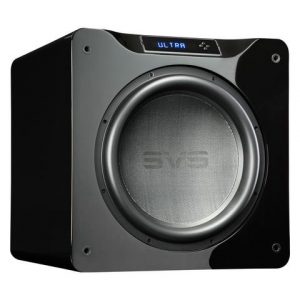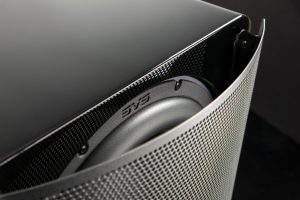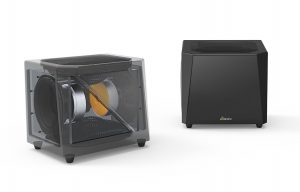Sonic dynamite in a small package.
With this article, Positive Feedback continues its content-sharing relationship with Enjoy the Music where Maurice Jefferies shares his thoughts on the SVS 3000 Micro Subwoofer.
Dr. David W. Robinson, Editor-in-Chief
I have a confession to make! Steven R. Rochlin, the Creative Director and guiding light at Enjoy the Music.com, had to beg, and I mean beg, to get me to review the exceptionally fine SVS 3000 Micro Subwoofer. Not that I dislike subwoofers. Quite the contrary! When properly dialed in, a well-designed sub can greatly enhance the low frequency performance of sonically bass-shy systems, and even improve the performance of great full-range systems by distributing all that bass energy more evenly throughout the listening room.
There's just one caveat: to enjoy the sonic benefits of a good subwoofer (or two, many audiophiles, and SVS, insist that double subs deliver the best sound) one must have the raw acreage to house an enclosure that typically eats more floor space than even very large tower designs. My very compact (some would say tiny) listening room measures a scant 11' x 12', hardly the type of space that lends itself to subs the size of small refrigerators—or bigger.
After all, I went through living hell carving out enough floor space to house the Hulk-burger sized Audionet HUMBOLDT integrated awhile back. After this experience, I was less than thrilled about having another monkey-coffin cramp my tiny house nation sense of Zen-like tranquility. "Not to worry," Steven inveigled over the phone. "The good folks at SVS have you covered. The model I want you to review, the SVS 3000 Micro Subwoofer, is so tiny you can hide it under your coffee table if the need arises."
Steven was right! I needn't have worried. The svelte and downright handsome SVS 3000 impressed me as soon as I pried open the shipping carton. Nicely packaged in a sturdy cardboard box boasting loads of solid hard foam inserts, the 3000 is as surprisingly petite (10.9" H x 11.7" W x 10.7" D) as it is disarmingly lightweight. The SVS 3000 tips the scales at a back-breaking 22.5 pounds.
Despite its Lilliputian dimensions, the Micro 3000 exudes quality. The piano black finish is first-rate, with no pools of cheaply applied lacquer marring the surface. The rounded edges, clean lines, and exquisite build impart a feeling of exceptional solidity. The MDF cabinet feels and sounds essentially inert, superbly damping any vibrations generated by the opposing 8-inch aluminum cone woofers.
Why use two 8-inch drivers in such a small box when most of the competition settles for just one, you may ask? Simple! The dual opposing 8-inch drivers operate electrically and mechanically in parallel to deliver massive output and effectively suppress any vibrations generated by either driver. The sonically inert cabinet (given its impressive solidity, I initially thought that SVS used a resin compound instead of structurally braced MDF) enhances the essentially noiseless presentation.
Dialing Things In
Once you unpack and place the SVS 3000 (I located the review sample in the only spot that works in my room, directly in front of my audio component rack, halfway between each speaker), the set-up fun really begins. I say "fun" because the optimal operation of the SVS 3000 requires users to download the delightful SVS subwoofer control smartphone app with advanced tuning and DSP features. I downloaded the app to my iPhone in less than a minute. And, brother/sister, what an app we have here. The SVS software allows users to preset volume, select from an array of low-pass filter cutoff points, adjust phase in increments of one degree, reverse polarity, access the SVS parametric equalizer, and oh so much more.
I made coarse adjustments for volume (-30 dB), and set the low pass filter at 70Hz for use with my Klipsch Reference Premier RP-600M mini-monitors and at 40 Hz for my reference Von Schweikert Audio Endeavor Special Edition floor-standers (ESE). I set room gain compensation at 25Hz to combat my room's tendency to "boom" at lower frequencies. I didn't need to adjust for polarity or phase.
Design-wise, the 3000 features core innovations derived from the reference SVS 16-Ultra subwoofer line. SVS has imaginatively downsized these technologies to the micro platform, adding fully active dual opposing 8-inch drivers and an 800 Watt RMS, with 2500 Watt Peak Power Sledge STA-800D2 amplifier with discrete MOSFET output along the way. The 3000 also features 50 MHz Analog Devices Audio DSP capabilities for fine-tuning of just about any set-up parameter you can imagine. SVS has downloaded an incredible amount of bleeding-edge technology into this tiny and quite affordable product.
For a small cube, the sealed-box SVS 3000 digs deep and plays as loudly as any space-constrained listener might desire. At normal listening levels (for me, normal playback levels run from the low to mid 60dB range on musical pianissimos, jumping into the low 90dB range with loud peaks; peaks of 95dB or above equate with very loud playback levels in my small room), the 3000 does precisely what very good subs should: dramatically expand system bass performance with bass-shy speakers like my beloved but tiny Klipsch RP-600Ms and smooth and enhance bass quality (along with improved imaging and sound-staging) with full-range and almost full-range speakers through the targeted distribution of bass energy sources in the listening room to reduce annoying room modes.
Room modes result from the constructive interferences that arise when soundwaves travel between, and simultaneously interact with room boundaries. Below roughly 200Hz, the bass range, most speaker/room combinations deliver a strikingly uneven low-end response. Properly placed, good subwoofers negate the annoying energy-robbing, pitch-distorting bass modes that play havoc with low-end smoothness, articulation, and overall definition. Anyone who has heard a great full-range speaker and queried why the owner (or showroom exhibitor) has added a subwoofer (or two) to a system that can play cleanly down to 20Hz now knows why.
The goal of pairing good subwoofers with full-range speakers is to enhance overall bass quality. Enhanced bass dynamics along with improved imaging and staging merely add a tasty icing finish to the listening experience.
A Tiny Stick of Musical Dynamite
Balanced, full frequency range symphonic favorites like the "Candide Overture" from the Bernstein: Symphony No. 2 - West Side Story (Naxos 8.559099 CD), lovingly engineered by Wilson Audio′s Peter McGrath, really shine when aided and abetted by the 3000's low-end speed and pitch precision. With the 300 dialed in, the system delivers wonderful sound staging, holographic imaging, and very, very smooth pitch-precise low-end performance. None of these qualities vanish when I unhook the 3000 from a system that features the almost full-range Von Schweikert Endeavor SE, but bass articulation, staging, and imaging depth-of-field all sound a bit less than convincing sans the Micro.
Energetic pop and jazz tracks spring to life with the Micro 3000 in the music reproduction chain. I've been listening to a lot of cherished tracks from the 1970s and 1980s lately, the works of Stevie Wonder in unusually high rotation. This must be a summer-time thing! The seductively funky but deliberately hesitant T.O.N.T.O. synthesizer-Moog bass guitar introduction to "You've Got It Bad Girl" from the stellar Talking Book (Tamla) album (Stevie Wonder played both instruments on this track) highlights the ease with which the 3000 integrates seamlessly with speakers costing many times its modest $899.99 retail price.
Paired with the VSA Endeavor SE ($26,000 the pair), the little 3000 never runs out of steam or speed, matching the VSA's exceptional transient fidelity, neutrality, and pitch precision beat for beat, and leaving no aural footprint to denote the presence of a third "talking box" in the listening room.
In short, this little number tracks the beat and groove of music like a seasoned bloodhound!
As good as the VSA Special Edition/Micro 3000 combo sounded, and the paring sounded very, very good, indeed, I wouldn't describe the 3000's contributions as transformative. Rather, the Micro sub usefully enhances the strengths of the main speakers by smoothing bass response, subtly but again, usefully, refining imaging and sound staging, and adding that extra touch of tonal bloom to everything I played.
But pair the Micro with a speaker that has no deep bass per se, say a fast, surprisingly coherent, just plain fun to hear mini like the stellar Klipsch Reference Premier RP-600M, and you get sonic fireworks. Suddenly, one hears satisfying deep bass, perceives greatly enhanced staging and imaging, and enjoys heightened midrange sonic purity.
Let's start with sonic purity. For all its strengths (speed, coherence, dynamic snap, and midrange liveliness), the RP-600M is hobbled by two noticeable shortcomings: no bass below around 60Hz and a tipped-up top end that can sound hard and glassy when one pushes the speaker too hard. Neither of these flaws diminishes the RP-600M's overall fun factor, but they do inhibit the ability of these little sticks of dynamite to sound real on certain cuts.
The sub / mini pairing largely solves these problems in two ways. Most noticeably, the lightning-quick Micro 3000 has the speed and tonal precision to blend essentially seamlessly with the laser-quick mini. One gets solid bass down to at least the mid-30hz in my listening room with no bloat and overhang (I so love the bass quality that sealed enclosures deliver).
Second, since we now have real bass content down into the 30Hz range, every frequency range above that, most noticeably the treble range, but also the midrange, sounds better balanced, focused, and pure. So, while the Micro 3000-enhanced system doesn't banish the horn-loaded tweeter′s brightness entirely, it does offset that coloration with meatier mid-bass and low-end content. This makes it that much easier to listen over and around that narrow sliver of tweeter-induced glassy brilliance. It all comes down to tonal and frequency balancing.
Now that the system can deliver, in sheer quantitative terms, considerable low-frequency musical energy into the room, the tweeter brightness doesn't stand out as starkly as it did in the sub-less system. The net overall effect is a subtle warming and smoothing of the upper-midrange and lower treble regions along with reduced listening fatigue.
What one gets as the final payout is a very affordable mini/sub combo that matches in sheer excitement and musical life some of the finest systems that I have ever heard.
As for imaging, the SVS / RP-600M combo utterly delights! A digital release in heavy rotation here, singer-songwriter Anna Tivel's Blue World (Fluff and Gravy Records), boasts sensuous, gossamer-like imaging with loads of gently applied atmospheric reverb, incredible air, and liquid decays. The SVS / RP-600M allows this lovely release to sing with an almost tube-like delicacy and liquidity, along with great tonal traction, impressive dynamic scaling, and a stunning sense of in the room instrumental and vocal projection.
Parting Thoughts
For music lovers short on space (and cash), hungry for added low-end content to enhance the listening experience, and willing to experiment to obtain optimal main speaker/subwoofer set-ups in their rooms, the SVS 3000 Micro subwoofer delivers—in spades. Its exceptional setup flexibility allows it to integrate into just about any high-end system. SVS' 3000 Micro Subwoofer speed and tonal precision mean that it can keep pace with even very expensive main speakers. And the SVS 3000's serious good looks and major cuteness factor are enough to make a mother blush.
What more could one ask for?
As for me, I'm keeping SVS' 3000 Micro Subwoofer little wonder as a permanent addition to my reference system. Whether you pair it with a musically compelling but bass shy sub-$1000 mini monitor or a $25,000+ upper-crust stalwart, the littlest member of the SVS subwoofer family will not disappoint.
Enthusiastically recommended!
Specifications
- Type: Active compact subwoofer
- Frequency Response: 23Hz to 240Hz (+/-3dB)
- Drivers: Dual opposing 8-inch active drivers
- Layout Of Drivers: Acoustically and electrically parallel
- Amplification: 800-Watt RMS (2500-Watt peak) Sledge STA-800D
- Amplification Type: Fully discrete MOSFET output
- Dimensions: 10.9" x 11.7" x 10.7" (HxWxD)
- Weight: 22.5 lbs.
- Price: $899.99
SVS
6420 Belmont Avenue.
Girard OH, 44420
877.626.5623
Check out Enjoy the Music for more articles and reviews













